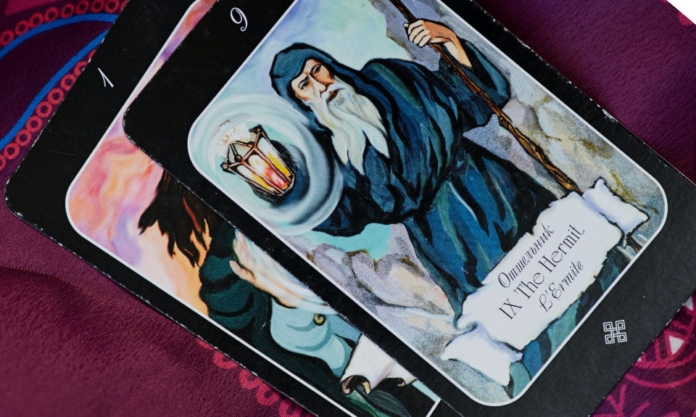“Smith”. “Kim”. “Li”. “Devi”. These are all surnames from different parts of the world. I was never very interested in names, or the meanings that are behind them. I merely believed that names were labels meant for identifying who is who.
However, as I arrived at China and began to go to a school where many people from all around the world come together, I started to recognise how interesting and different both first names and surnames from different places in the world truly are. Not only did I see this through meeting friends from Germany, China, France, Slovakia and more, I also realised this through people from my own culture; that of Korea.
When I lived in Incheon, South Korea, I came across very few surnames. Nearly always, the people I encountered would have the surnames of “Kim” (a very common surname and the one that I have), “Lee”, or “Park”, all of which are extremely typical surnames in Korea (which, by the way, also each have their own special meanings).
But after I enrolled in an international school in Nanjing, I somehow was able to see and learn that there are many more Korean surnames, such as Min, Gong, Oh, or even two-syllable surnames, which I did not know existed.
I was also able to open my eyes to hidden meanings and reasons behind these names; “Kim” has the meaning of “metal” or “gold”, “Lee” means “plum tree” and “Park” means “gourd”. This led me to think about first names as well; why would a person’s parents name someone a certain way? Would it be to match their firstborn sibling’s name? Or would it have a beautiful meaning derived from an ancient language? Or would it just be a wordplay that means something concise and sweet?
As for me, my name is made of ancient characters; “Na” meaning “unsure of what to do” and “Hee” meaning “happiness”, which therefore translates my name to “Overwhelming Happiness”.
From what I’ve heard, my mother and father had consulted a professional that thinks up the ideal names for babies based on their star signs, birthdays, where they were born, etc., in order to find the best name according to their date and time of birth.
It’s a tradition in Korea; to seek the help of a professional to name a child in such a way that would bring them the most happiness.
Speaking of which, utilising the meaning of words to create individual names for babies is also a custom in China. Each name is specifically chosen in order to represent certain qualities, as well as to ensure that the child has a bright future, which is why most names for babies are identical.
Parents also consider using the correct number of strokes in the characters of the name, as well as somehow integrating the five elements (fire, water, earth, stone, and wood) so that the name is balanced.
Something else to consider in a child’s name is their horoscope (and birthday). While there should be statistically few identical names, having been chosen from a canon of over 10,000 characters, in reality the same names keep popping up, as used by parents due to their good meaning.
These include “mei” (美), used widely for girls due to its meaning, “beautiful”; “fang” (芳), which means “fragrance”; and “min” (敏), meaning “clever”.
Chinese people often also do not give their child a name for their first few months of life, as it is believed having elegant, beautiful names invites demons and evil spirits into their lives. For demons are assumed to cause illness and premature death in babies, and therefore parents might not give a name at all, or even call their infant by a negative name until they grow up and become stronger so that they could ward off evil spirits.
Call a child by a name such as “Dog” or “Ugly” and demons will run a mile.
Today of course, many Chinese people choose to create English names for themselves too, quite often when they enter an important stage in their lives, such as going to university or getting married. And of course foreigners may have trouble pronouncing Chinese names; one of the benefits of Chinese people transitioning to using both Chinese and English names is that international interactions become more convenient and easier.
Naming is a significant part of our lives, as it is not only a label meant for differentiating between people as I formerly thought, but because it is also a part of our identity. Our names can brings us happiness, they can show what our families think of us, and perhaps what traits we have. This is true for not only our names from our birth, but also the names we have in other languages too, because they are what connect us with other people on the international stage.









